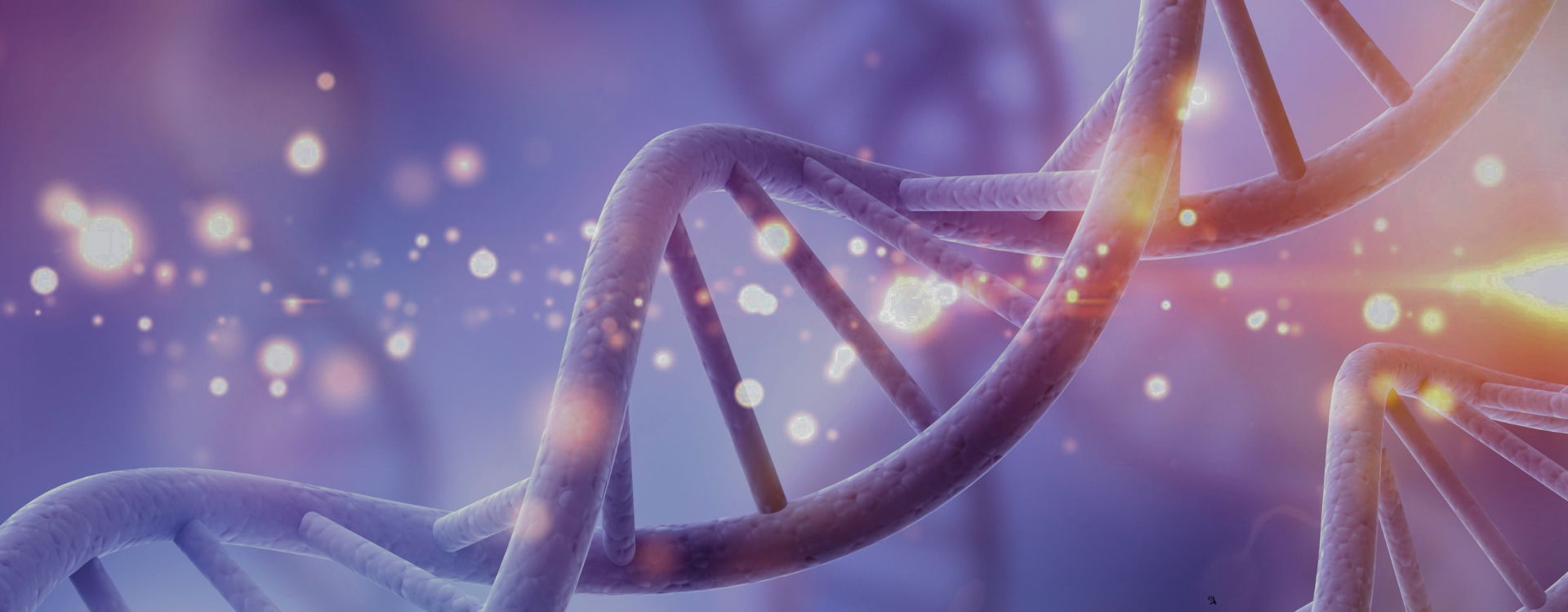Speakers:
Bryan Sterba, Partner, IP & Tech Transactions, Lowenstein AI, and Emerging Companies & Venture Capital
Lowenstein AI: A-I Didn’t Know That
The U.S. Copyright Office recently released a report on the human authorship requirement for materials to qualify for copyright protection. In this video, Bryan Sterba will discuss the Copyright Office’s view on what is necessary to satisfy this element in the context of generative AI outputs.
READ THE TRANSCRIPT
Bryan Sterba: Hi, I'm Bryan Sterba, partner in Lowenstein Sandler’s AI practice, here with another episode of "AI Didn't Know That."
On today's episode, we're going to be covering the U.S. Copyright Office's recently published Part Two of a three-part report on artificial intelligence and the copyright issues that arise from its usage. This part of the report highlights the Copyright Office's overall skepticism towards whether outputs of generative AI products are copyrightable, or if they lack sufficient creative control from a human.
In preparing this report, the Copyright Office solicited and received tens of thousands of comments and questions from a broad range of perspectives throughout the copyright and creative ecosystem.
For works to be eligible for copyright law protection, they must be original works of authorship. Courts have interpreted that to mean that an author must be human and involved to a sufficient degree in the execution of a work's expressive elements. Here are key takeaways from the report.
- Determining copyrightability depends on whether generative AI is merely used to assist in fulfilling an author's expression, or whether the AI itself is making the expressive choices.
Where the AI tool performs actions that control creative expression in a work, it is less likely that the work will be deemed copyrightable. - Inputting prompts into a tool like ChatGPT does not constitute a sufficient degree of control over the creative process to establish the user's copyright in a resulting output, as the prompts are merely ideas that the user is asking the AI tool to express through whatever creative medium.
The Copyright Office takes this view, even if the output is refined over multiple prompts until the desired result is achieved. The Copyright Office equates this to claiming authorship by walking into an art gallery specializing in portraits and selecting the one you like best. - Using generative AI for ideation or to brainstorm does not, on its own, impact the copyrightability of a final creative work. If the user only utilizes generative AI output for inspiration, that's not going to affect the user's copyright.
For more information, please read our client alert linked below, and please reach out to us with any questions. We'll also be on the lookout for the third installment of the Copyright Office’s AI report, where it said it will finally address the legal implications of training generative AI models on copyrighted content.
Thank you for watching. Join us next time on "AI Didn't Know That








